Vexpump.com is a fraudulent cryptocurrency trading platform being promoted through an elaborate scam on social media platforms. Using deepfake videos of celebrities like Cristiano Ronaldo and Elon Musk, scammers trick fans into depositing Bitcoin on the fake site by promising free crypto giveaways activated by special promo codes. But Vexpump solely exists to steal money from victims lured by the deceptive celebrity endorsements and too-good-to-be-true bonuses.
- Overview of the Vexpump Bitcoin Promo Code Scam
- How the Vexpump Bitcoin Promo Code Scam Works
- The Domains Change But the Scam Remains the Same
- Red Flags of the Vexpump Scam
- What to Do If You Fall Victim to the Scam
- How to Spot Celebrity Crypto Scams Like Vexpump
- Frequently Asked Questions About the Vexpump Bitcoin Promo Code Scam
- The Bottom Line – How to Avoid the Vexpump Crypto Scam
Our investigation will detail how the Vexpump scam works and provide tips to avoid becoming another victim. Let’s get started!
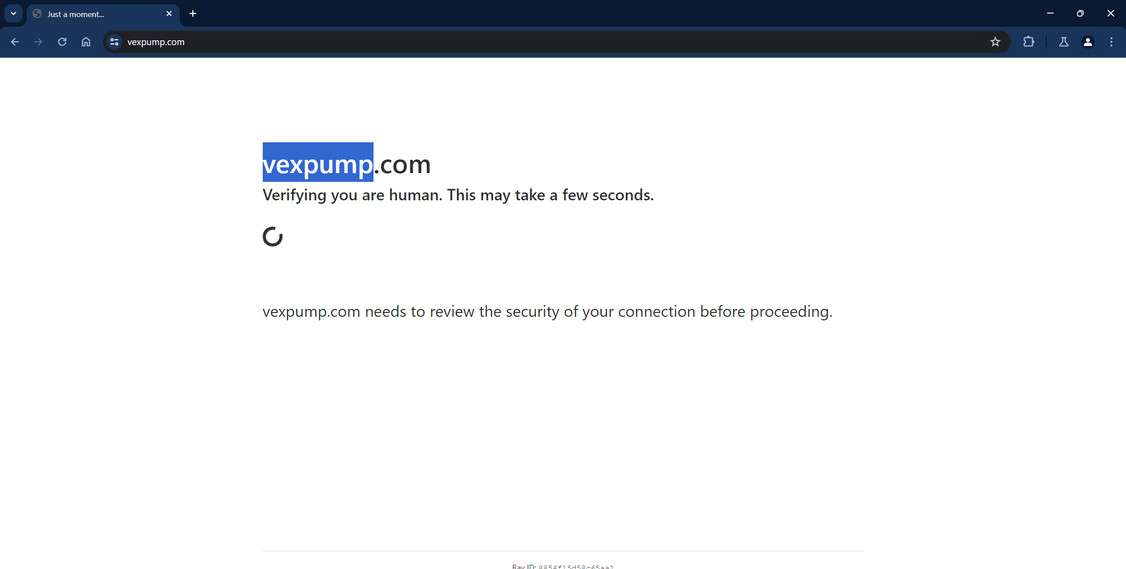
Overview of the Vexpump Bitcoin Promo Code Scam
Vexpump.com is the latest fake cryptocurrency trading platform being promoted through an elaborate celebrity-fronted scam on social media. Using deepfake or voice-dubbed videos, fraudsters impersonate famous figures like Cristiano Ronaldo, Elon Musk, Bill Gates, Mark Zuckerberg and Drake to deceive fans into depositing Bitcoin.
The scam works by distributing deceptive videos across YouTube, TikTok and Facebook. In the videos, the deepfaked celebrities describe a special Bitcoin giveaway opportunity in collaboration with Vexpump.com.
They provide step-by-step instructions for viewers to sign up on the site and enter a promo code, such as “CR7” or “Tiktok11”, in order to claim free Bitcoin funds in their account.



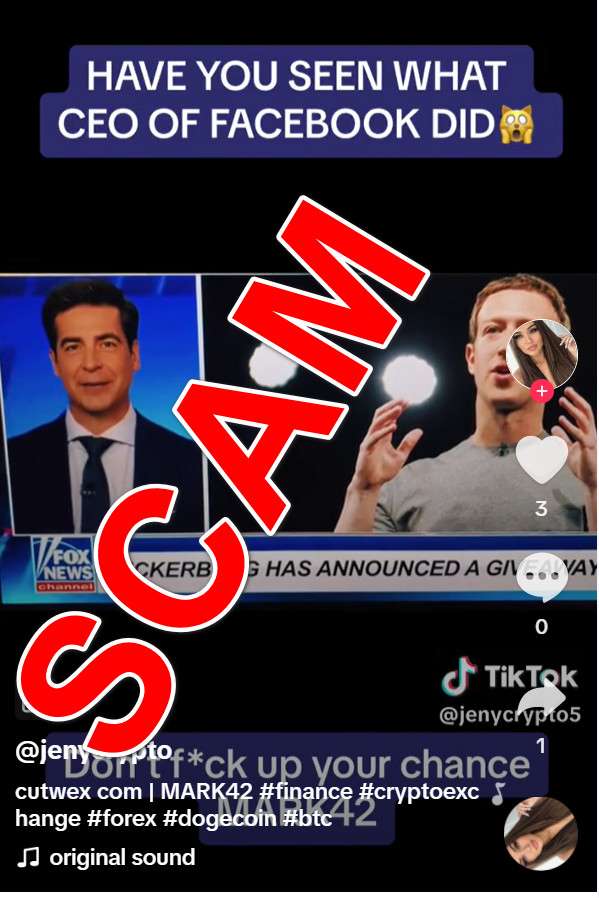
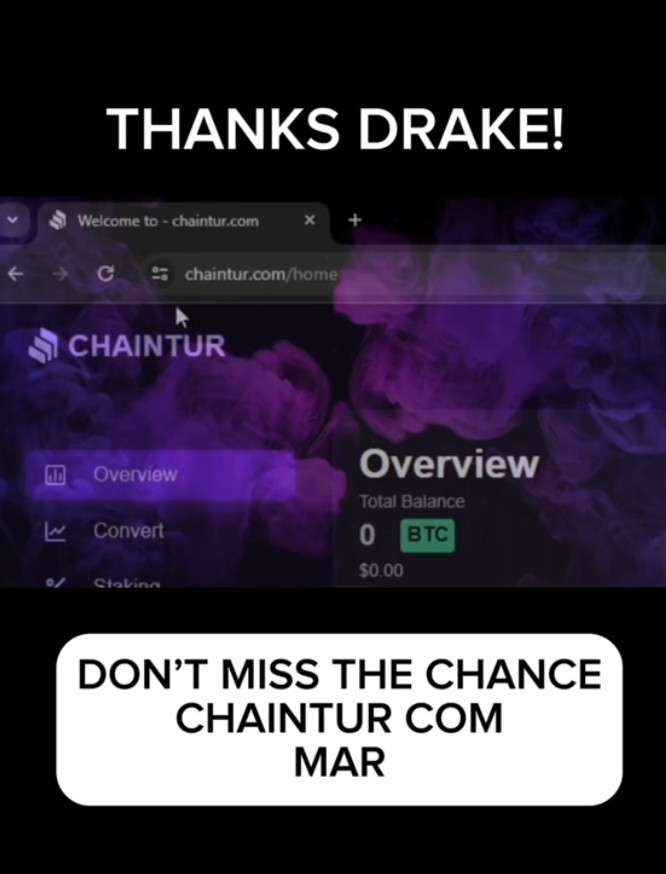
Victims who enter these codes after registering see a balance of around 0.31 BTC added to their Vexpump dashboard. However, when attempting to withdraw the funds, a message states they must first make a minimum deposit of 0.005 BTC to “activate” withdrawal capabilities.
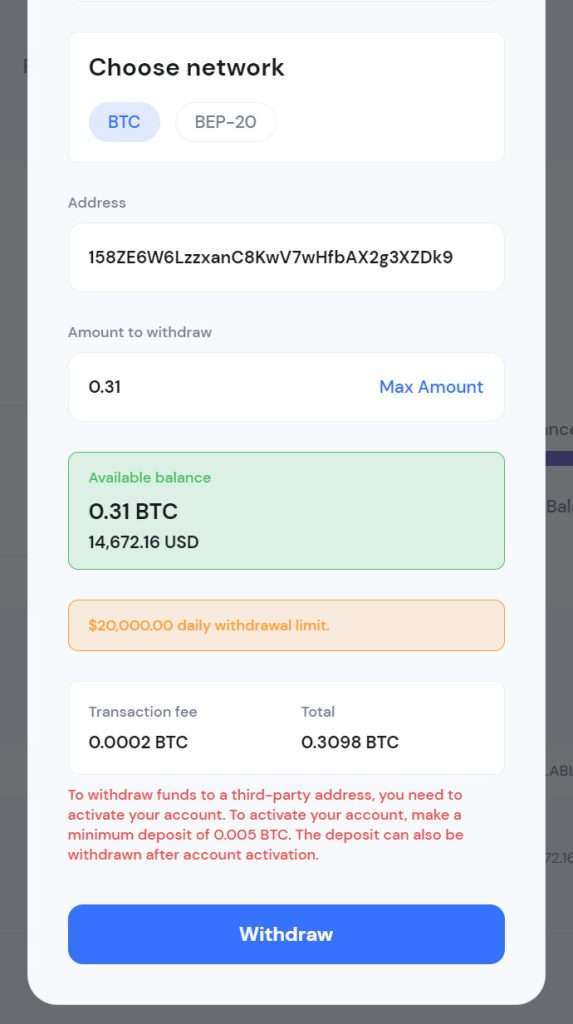
This deposit requirement tricks unsuspecting users into sending real Bitcoin payments, which the scammers immediately steal. The Vexpump platform and purported celebrity crypto giveaway do not actually exist.
The fraudulent Vexpump platform and crypto giveaway do not actually exist. The site is a fake trading front to collect deposits into the scammers’ wallets. After accumulating enough funds, the site disappears and victims have no way to recover their money.
By exploiting public trust in figures like Cristiano Ronaldo, Elon Musk, Bill Gates, Mark Zuckerberg and Drake, the scammers lend credibility to the ruse that viewers can earn free Bitcoin. But in reality, it is an elaborate scam designed to steal crypto deposits.
How the Vexpump Bitcoin Promo Code Scam Works
The criminals behind Vexpump.com rely on a combination of convincing deepfake videos, psychological manipulation, and technical subterfuge to perpetrate the Vexpump fraud. Let’s take an in-depth look at the step-by-step process:
Step 1: Produce Fake Celebrity Endorsement Videos
The scammers use artificial intelligence video editing technology to produce deepfakes that appear to show celebrities like Cristiano Ronaldo, Elon Musk, Bill Gates, Mark Zuckerberg or Drake endorsing the Bitcoin giveaway and Vexpump platform.
Two primary techniques are used:
- Deepfake – Uses AI algorithms to seamlessly replace the celebrity’s face and voice with a high degree of realism that makes the videos seem 100% genuine.
- Voice dubbing – Takes real interview footage and uses voice mimicry software to make it appear the celebrity is saying things they did not actually say.
Both approaches allow the scammers to create convincing footage where the celebrities appear to be directly addressing viewers and instructing them how to obtain free Bitcoin on Vexpump.com.
Step 2: Distribute Deceptive Videos on Social Platforms
Once created, the fake celebrity endorsement videos are widely distributed on sites like YouTube, TikTok, Instagram and Facebook through two main tactics:
- Paid ads – Fraudsters buy video ads targeting users interested in cryptocurrency, investing, or the featured celebrities.
- Hashtag campaigns – Scammers use related celeb/crypto hashtags to try making the videos go viral among those communities.
Widespread distribution gives the scam videos a higher chance of reaching potential victims.
Step 3: Direct Viewers to Vexpump.com
The fake videos all include links directing viewers to the Vexpump.com website. Although the site looks professional at first glance, it is a complete scam operation designed only to collect deposits.
No actual cryptocurrency trading or exchange takes place. The platform and balances shown are elaborately faked.
Step 4: Instruct Viewers to Use Promo Code
Following the directions in the fake celebrity video, users go to Vexpump.com and enter the specified promo code during signup, such as “CR7” or “TIktok11.”
Entering these codes adds a deposit of around 0.31 BTC to the user’s account dashboard, making it appear the promo code added free Bitcoin to their balance.
Step 5: Prevent Withdrawals Until Deposit
When users attempt to withdraw those funds to an external wallet, a message states they must first make a deposit of 0.005 BTC to “activate” withdrawal capabilities.
This tricks victims into depositing real crypto into the scam site, thinking they are just completing ID verification.
Step 6: Steal Deposits and Disable Accounts
Once the scammers have collected enough real Bitcoin deposits, they suddenly disable all user accounts and take the site offline. The victims’ money is stolen.
The cycle then repeats with the fraudsters creating new sites, videos, and accounts to lure more victims.
By studying these psychological and technical tools, consumers can better identify and avoid cryptocurrency giveaway scams fronted by faked celebrity endorsements. Giveaways that seem too good to be true often are.
The Domains Change But the Scam Remains the Same
An insidious element of this deception is that even as authorities shut down scam websites like Vexpump.com, the fraudsters simply shift to new domains and continue the same criminal operation.
The scammers maintain a library of video templates and site designs, swapping in new details like updated corporate branding, giveaway amounts and celebrity faces. But the core psychological hooks and technical sequence remain unchanged.
Some examples of additional domains that emerged pushing this same celebrity crypto code giveaway scam include:
- Vexpump.com
- Bitsowex.com
- Bitxspark.com
- Nevofex.com
- Tokenely.com
- Xbirex.com
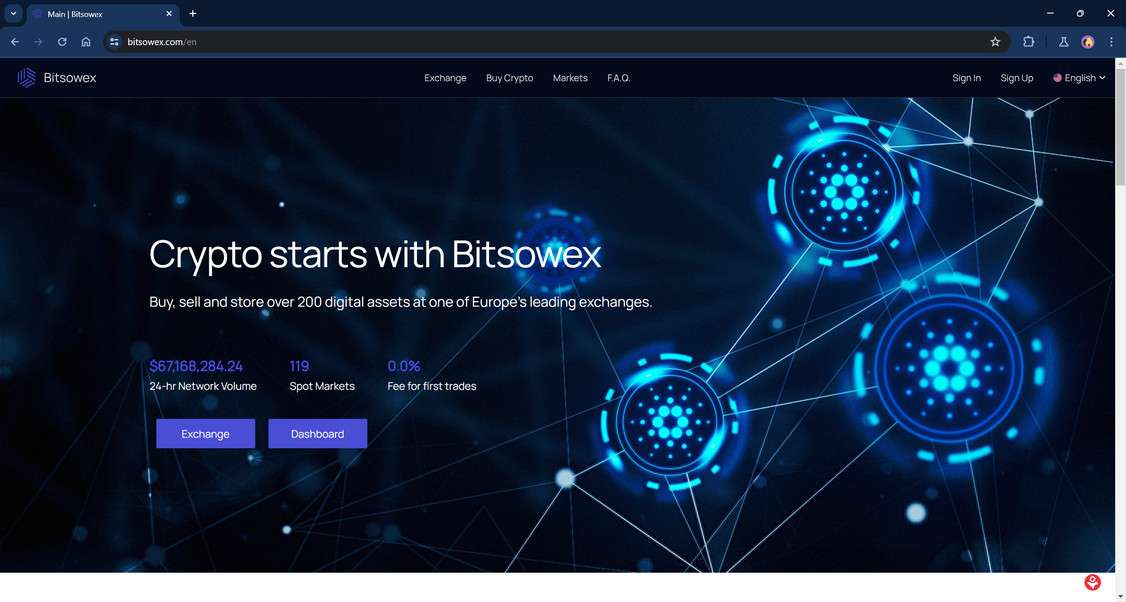

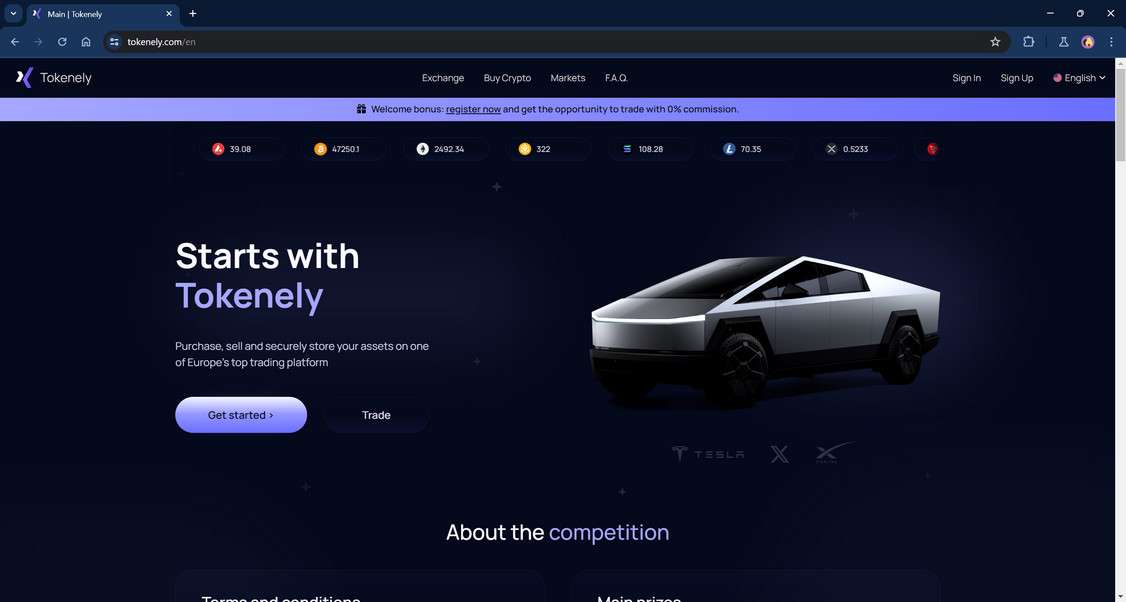
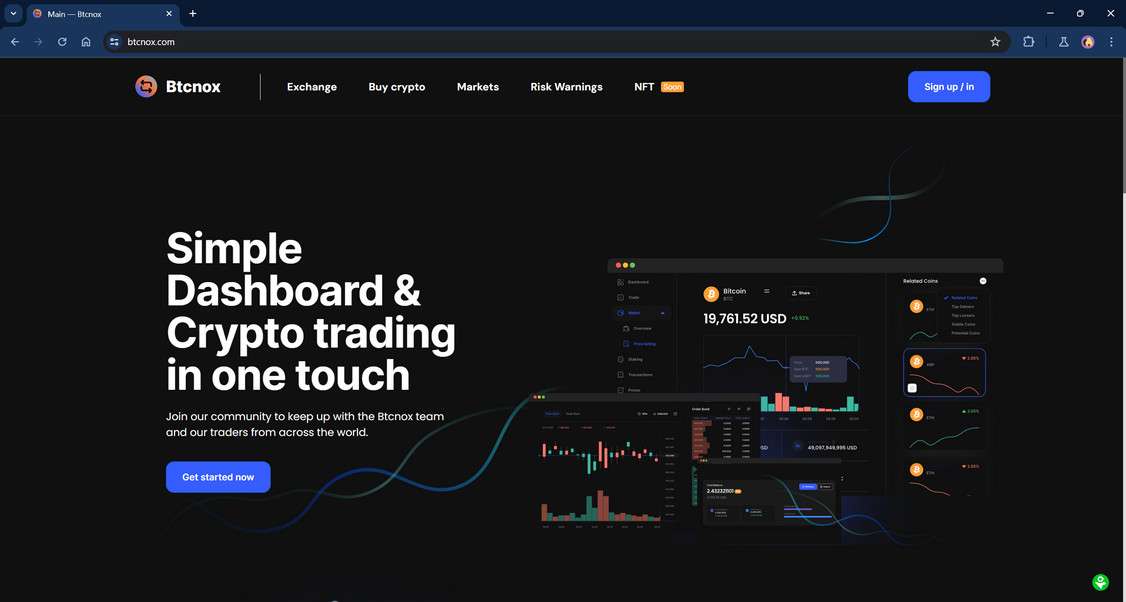
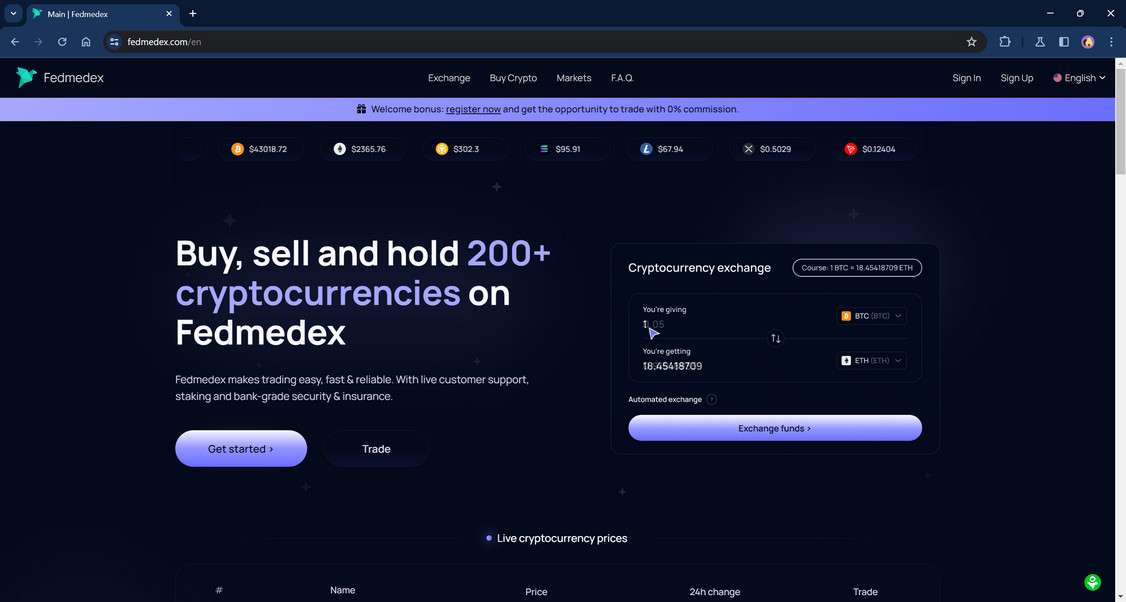
And likely dozens more yet to be identified. The sites rely on lookalike names and branding spoofing legitimate firms, making it harder for novice investors to discern their illegitimacy.
Although the specifics like promo codes, video celebrities, domain names and bonus amounts rotate, the scam fundamentals persist. Fake celebrity endorsements direct victims to deposit crypto into fake platforms where account access is restricted until a “verification deposit” is received.
Once lured into sending this deposit, victims find accounts disabled and funds stolen by anonymous scammers who simply re-emerge under new entities perpetuating the same fraud models.
This allows them to operate with relative impunity. But by informing authorities of emerging aliases and educating the public about the consistent scam markers, we can disrupt the ecosystem enabling these repeat offenders.
Red Flags of the Vexpump Scam
Beyond the obviously dubious premise of famous figures handing out bitcoin via YouTube promo codes, there are many clear indicators that Vexpump is a scam:
- The company has no online footprint or documentation apart from the promotional videos. No legitimate details about Vexpump can be found.
- The site provides no verifiable evidence that any free bitcoin rewards have been paid out previously.
- Celebrities shown have not validated the promotion. The videos misuse their unauthorized likeness.
- Account activation requiring an upfront bitcoin deposit is a major red flag. No regulated trading platform operates like this.
- The Vexpump domain name was very recently registered and will quickly be abandoned. This is not how legitimate businesses operate.
- No phone, email, address, or other real point of contact is provided – just a contact form.
- Too-good-to-be-true offers of free bitcoin are never real. If it seems implausibly generous, it is a scam.
With so many clear scam indicators, social media users should immediately steer clear of the fake celebrity-endorsed Vexpump bitcoin giveaway.
What to Do If You Fall Victim to the Scam
If you used the Vexpump.com promo code and deposited bitcoin that was subsequently stolen, here are some steps to take:
1. Report the Scam
Report Vexpump.com and any associated promo videos to the appropriate authorities:
- The Federal Trade Commission using their online reporting form.
- Google, TikTok, YouTube, Facebook, or wherever you saw the deepfake ad. They will remove the content.
- Domain registrars like GoDaddy can also suspend scam sites for investigation.
- Your local police may also want to be alerted about new fraud campaigns targeting victims in your area.
2. Notify Your Bank and/or Crypto Exchange
If you purchased the stolen bitcoin using a credit card, notify your bank of the fraudulent transaction immediately. You can request a chargeback to potentially reverse it.
For bitcoin bought through a cryptocurrency exchange, report the scam to the platform right away also. They may be able to block further transfers out of compromised accounts.
3. Change Any Reused Passwords
Scammers could reuse credentials you entered on Vexpump.com to compromise other accounts. Change passwords anywhere you reused the same username/password combination.
Enable two-factor authentication on important logins for extra protection as well.
4. Beware of Recovery Scams
Victims are often targeted again by “recovery scammers” claiming they can retrieve and return the lost money, for a fee. Never trust such offers.
5. Don’t Pay Blackmail Attempts
Scammers may threaten to expose victims’ personal information from Vexpump.com to extort money. There is no evidence such data is even retained or compromised. Ignore these threats.
6. Accept the Situation
As difficult as it is, understand deposited cryptocurrency sent to scammers is almost impossible to recover. Don’t waste time chasing false promises. Focus energy on reporting the scam to protect others.
How to Spot Celebrity Crypto Scams Like Vexpump
As cryptocurrency frauds exploiting celebrity publicity proliferate, here are key signs to watch for when assessing the legitimacy of any promotion:
- Scrutinize viral giveaways – Approach offers of free crypto funds, bonuses or extreme returns by simply using a promo code with extreme skepticism. If it seems too good to be true, it nearly always is.
- Check endorsement authenticity – Scammers faking celebrity endorsements is a major red flag. Verify legitimacy directly through official celebrity channels and representatives before believing any crypto promotion attributed to them.
- Research trading platforms extensively – Rigorously vet any exchange site mentioned in videos. Check licenses, certifications, reviews. Lack of verifiable details is a red flag.
- No deposits required for withdrawals – Real exchanges never force users to deposit funds simply to enable account withdrawals. This is a scam tactic to steal funds.
- Official announcement missing – Celebrities endorsing crypto products or giveaways would make formal announcements. Lack of any press release or confirmation should raise suspicions.
- Accounts exhibit unusual behavior – Scam social media accounts often have zero other posts outside promoting the fake giveaways, lack identifying details, and use bot networks to simulate engagement.
- Poor deepfake quality – Lower quality celebrity deepfakes often have visual artifacts like mismatched skin tones, blurriness, and lip movements not matching words. But high quality fakes are blending in.
- Urgent call to act fast – Scammers encourage immediate action to distract from scrutiny. Take time verifying legitimacy.
- Text and video misaligned – Dubbed voiceovers sometimes describe bonuses and promotions while the video shows something completely different.
Protect yourself by thinking critically before interacting with viral celebrity crypto endorsements. Consider them guilty until you can prove legitimacy through independent verification. If something seems questionable at all, avoid participation altogether. Your due diligence could save you from becoming the next victim.
Frequently Asked Questions About the Vexpump Bitcoin Promo Code Scam
1. What exactly is the Vexpump Bitcoin promo code scam?
This is a dangerous cryptocurrency fraud that uses deceptively edited videos of celebrities to trick victims into sending Bitcoin deposits to the fake trading website Vexpump.com.
The scammers produce and distribute videos that appear to show famous figures like Cristiano Ronaldo, Elon Musk, Bill Gates, Mark Zuckerberg and Drake endorsing a Bitcoin giveaway offer in collaboration with Vexpump.com.
In the videos, the deepfaked or voice-dubbed celebrities provide a unique promo code, such as “CR7” or “Tiktok11”, which they claim viewers can use on Vexpump.com to obtain free Bitcoin funds in their account.
However, Vexpump.com does not actually enable any real trading or transactions. It is a fake platform designed solely to collect and steal Bitcoin deposits from unsuspecting victims lured in by the deceptive celebrity endorsement videos.
2. Which celebrities are frequently impersonated in the scam videos?
The most common celebrity figures exploited in the scam videos include:
- Cristiano Ronaldo
- Elon Musk
- Bill Gates
- Mark Zuckerberg
- Drake
The scammers select these celebrities for their mass popularity and public trust, which lends an illusion of credibility to the fake Bitcoin giveaway offer. The celebrities’ fame increases the likelihood of targets falling for the ruse.
3. How are the fake celebrity endorsement videos created?
The scammers rely on two primary techniques:
- Advanced deepfake AI technology which seamlessly replaces the real celebrity’s face and voice with a fabricated imitation designed to look and sound completely real and genuine.
- Voice dubbing which takes real interview footage of the celebrity and uses voice mimicry software to make it appear they are saying something different.
Both approaches allow the scammers to produce extremely convincing videos that credibly depict the celebrities directly addressing viewers and promoting the Bitcoin giveaway.
4. Where and how do the scammers promote the fraudulent videos?
Once created, the fake videos spread across social platforms like YouTube, Facebook, Instagram, and TikTok through two main tactics:
- Paid video ads targeted at users interested in cryptocurrency trading and investing.
- Hashtag campaigns using related terms like #Bitcoin, #ElonMusk, #CryptoGiveaway to reach wider audiences.
Mass distribution through both organic and paid reach enables the scam videos to be seen by as many potential victims as possible.
5. What happens when victims use the Vexpump.com promo code?
After being lured by the fake celebrity endorsements, victims go to Vexpump.com and enter the specified promo code during registration, such as “CR7” or “Tiktok11”.
Entering these codes adds a deposit of around 0.31 BTC to the user’s Vexpump account dashboard. This is designed to fool the victim into thinking the promo code successfully added free Bitcoin to their account balance.
But in reality, no actual Bitcoin is deposited. The balance is completely fake, solely intended to further manipulate the victims. No trading occurs.
6. How do the criminals behind this scam ultimately steal money from victims?
When targets attempt to withdraw the fake 0.31 BTC balance to an external crypto wallet, they are shown a message stating they must first complete account verification by making a minimum deposit of 0.005 BTC.
This tricks unsuspecting victims into sending real Bitcoin funds to the scam site, believing their deposit is required to verify their identity.
In actuality, this “verification deposit” goes straight into the scammers’ wallets. Once enough real deposits have been harvested from victims, the site disappears and accounts are disabled.
7. What should I do if I already was tricked and lost money in this scam?
If you deposited Bitcoin and lost funds, immediately take these steps:
- Contact your crypto wallet provider or exchange to report unauthorized transactions.
- File complaints with the SEC, FTC, FBI, and local authorities detailing the scam.
- Report the fraudulent videos and accounts spreading the scam across social media platforms.
- Alert cryptocurrency exchanges to identify and halt the scammer’s wallet addresses.
- Spread awareness about the scam publicly to prevent more victims.
- Be cautious of recovery scammers who contact you offering to retrieve the stolen money, which usually leads to more losses.
8. How can I avoid becoming a victim of the Vexpump Bitcoin promo code scam?
Here are tips to avoid falling for this cryptocurrency scam:
- Carefully verify celebrity endorsements through official channels before believing or acting on them.
- Thoroughly research any trading platform mentioned, looking for reviews, certifications, and licenses.
- Never make a crypto deposit solely to enable withdrawal of an account balance – this is a huge red flag.
- Reject giveaways or bonuses guaranteeing substantial returns or free cryptocurrency just for signing up.
- Enable robust security protections on all your crypto exchange accounts.
- Report suspicious videos, accounts, or websites promoting celebrity cryptocurrency endorsements.
9. Why do scammers focus on using celebrity cryptocurrency promotions for this fraud?
The scammers exploit public fascination and hype around cryptocurrency profits. Famous figures like Elon Musk also have reputations as visionaries in the crypto space, which adds credibility.
By impersonating trusted celebrities endorsing a lucrative crypto giveaway, the scammers manipulate victims into willingly sending payments to their scam website believing they are securing valuable profits.
10. Are the celebrity deepfake videos created for this scam legal?
No. Non-consensual use of celebrity likenesses or intellectual property without permission is illegal according to FTC regulations. However, regulators continue struggling with enforcing laws given the viral spread of deepfakes online.
The Bottom Line – How to Avoid the Vexpump Crypto Scam
The Vexpump scam provides an urgent lesson about protecting your cryptocurrency and thinking critically before sending payments anywhere:
- Verify endorsements – Scrutinize celebrity crypto promotions before acting. Confirm legitimacy through official channels.
- Research trading platforms – Vet any exchange and look for reviews, certifications, licenses before creating an account.
- Beware “free crypto” – Genuine platforms do not give away Bitcoin or guarantee bonuses simply for signing up.
- Don’t enable withdrawals via deposits – No legitimate site forces users to deposit funds before withdrawing account balances.
- Report suspicious activity – Notify authorities about potential frauds and help bring scammers to justice.
Stay alert for similar cons impersonating celebrities and exploiting hype around cryptocurrency. Share knowledge about these deceptive tactics to protect your community from predatory scammers.




